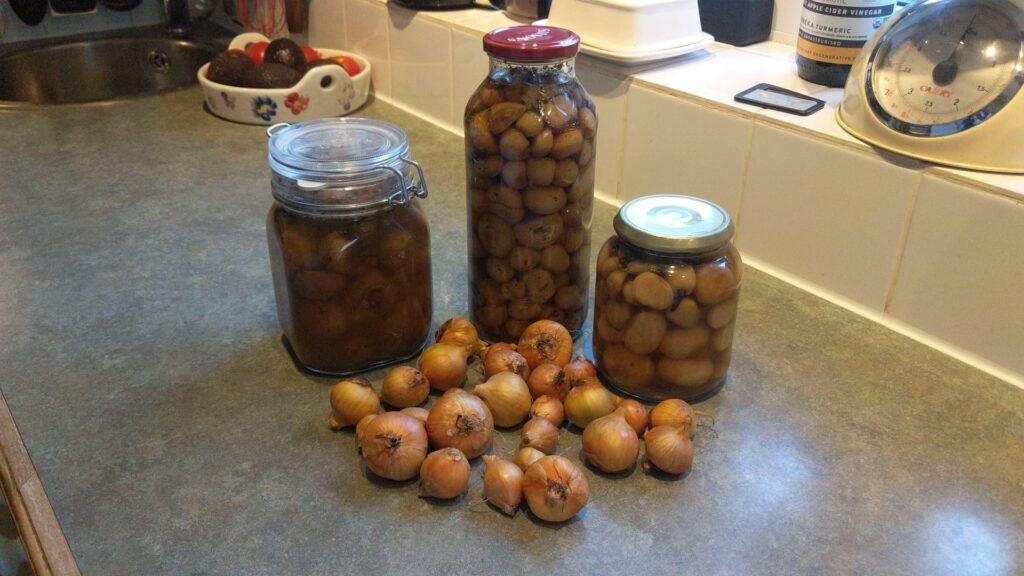
Food preservation is one of the most valuable skills for any home grower — helping you store harvests for longer, reduce food waste, save money, and stay more self-sufficient all year round.
This Food Preservation UK Hub brings together our core guides covering dehydration, fermenting, off-grid storage, and other practical ways to keep food for longer at home. Whether you want to preserve produce without a fridge, prepare long-lasting pantry staples, or understand your options before investing in equipment, everything is organised below.
We’re continuing to expand this hub as the site develops, with new preservation guides added over time.
🌱 Information & How-To Guides
Explore practical guidance covering the most effective food preservation techniques for UK homes.
- The HomeGrower Guide to Food Preservation
A complete overview of food preservation methods, including storing, drying, bottling, fermenting, curing, and traditional ways to keep food for longer at home. - How to Store Apples in a Shed
A practical, real-world guide to storing apples over winter using simple shed storage, correct airflow, and proper separation to keep apples crisp for months. - How to Make a Sourdough Starter in 7 Days
A step-by-step guide to creating a sourdough starter from scratch using flour and water, with troubleshooting advice and storage tips. - How to Make Milk Kefir at Home
Learn how to make milk kefir at home using simple countertop fermentation, with storage advice, troubleshooting tips and microbiome benefits. - How to Make Sourdough Bread at Home
A simple, no-stress method for baking sourdough bread using a fridge-kept starter, stretch-and-fold technique, and overnight fermentation.
🛒 Buying Guides
Dedicated buying guides for food preservation equipment are planned and will be added here as the site develops. These will focus on beginner-friendly, UK-available tools for drying, fermenting, storing, and preserving food safely at home.
🔗 Conclusion
Food preservation is a cornerstone of self-sufficiency — allowing you to store harvests, reduce waste, and build a reliable pantry that lasts through the year.
This hub will continue to grow as new preservation guides are added, covering practical techniques, storage methods, and equipment choices as the site develops. Whether you’re just getting started or refining your approach, this hub is designed to support steady, confidence-building progress over time.